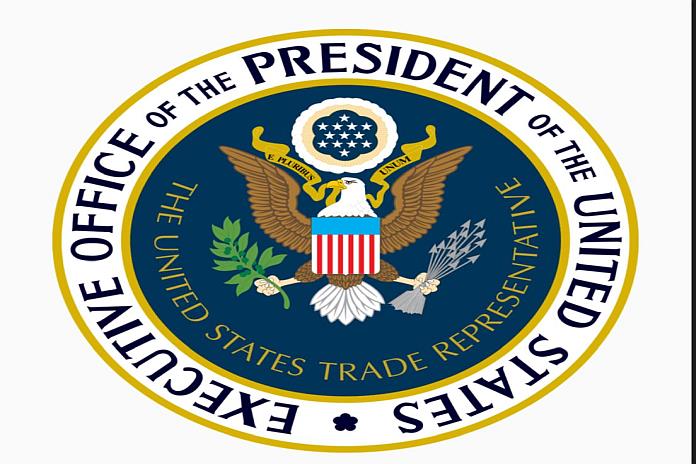(MENAFN- Caribbean News Global) WASHINGTON, USA – The United States and Bangladesh, yesterday convened the sixth meeting of the United States-Bangladesh Trade and Investment Cooperation Forum Agreement (TICFA) Council. The meeting was co-chaired by Christopher Wilson, Assistant United States Trade Representative for South and Central Asian Affairs, and Tapan Kanti Ghosh, Secretary, Bangladesh ministry of commerce. Both delegations included officials from trade, labor, agriculture, and other relevant ministries.
The United States and Bangladesh discussed a range of issues impacting the bilateral trade relationship, including market access for agricultural products, labor rights, digital trade policies, intellectual property protection and enforcement, and policies impacting the investment climate.
The two countries stressed the importance of their strong economic and trade relationship, which surpassed $10 billion in two-way trade in goods in 2021. Both delegations affirmed their intent to boost future bilateral trade and investment opportunities following the TICFA Council meeting through sustained mutual engagement and technical work on, among others, the issue areas highlighted below.
Market access for agricultural products
The United States and Bangladesh made progress on reducing market access barriers for certain agricultural products and discussed ways to further facilitate bilateral trade in food and agricultural products through the use of science and risk-based policies that ensure trade in safe food and agricultural products. The two sides further agreed to consider expert-level engagement on future topics.
Labor rights
Both sides affirmed the importance of Bangladesh's efforts to reform its labor laws and discussed Bangladesh's interest in the restoration of its beneficiary status under the US. Generalized System of Preferences (GSP) program.
Consistent with the Biden Administration's focus on worker-centred trade policy, the United States highlighted its priorities in implementing and enforcing labor laws to protect workers' rights to freedom of association and collective bargaining, and to a safe and healthy workplace. The United States emphasized greater alignment between Bangladesh's domestic labor laws and international labor standards, in particular by extending fundamental rights of freedom of association and collective bargaining to the export processing zones (EPZs) and special economic zones (SEZs). The United States also expressed interest in collaborating with Bangladesh on new opportunities to promote labor rights, including forced labor in global supply chains.
Digital trade
The two countries exchanged views on issues related to digital trade. Participants discussed how digital policies can promote inclusive economic growth, innovation, and investment. The United States advocated for the development of digital trade policies that support MSME's participation in the digital economy, increase trust for consumers, businesses, and workers, and facilitate secure cross-border data flows. The United States emphasized that new digital policies should be developed in an open and transparent manner with opportunities for public stakeholder engagement. Participants discussed ways to ensure that digital policies do not disadvantage foreign and domestic suppliers, disclose proprietary data, or increase cybersecurity risks.
Intellectual property
Both countries recognized the importance of the protection and enforcement of intellectual property (IP) for incentivizing innovation and promoting trade and investment. Participants welcomed the opportunity for additional expert-level engagement between the United States and Bangladesh on patent rules and border enforcement. The United States also reiterated its interest in engaging with Bangladesh on upcoming IP reforms.
Investment climate
The United States acknowledged the important role of investment in supporting Bangladesh's development objectives as the country graduates to middle-income status. TICFA participants exchanged views on the importance of predictability and transparency for both Bangladeshi and foreign companies operating in Bangladesh.
The participants decided that the next meeting of the US-Bangladesh TICFA Council would tentatively take place in 2023 in Bangladesh, and that regular contact between officials will be maintained leading to that meeting. The United States and Bangladesh have formally engaged on trade issues since the US-Bangladesh TICFA entered into force in 2013. The last TICFA meeting was held in Dhaka on March 5, 2020.




















Comments
No comment